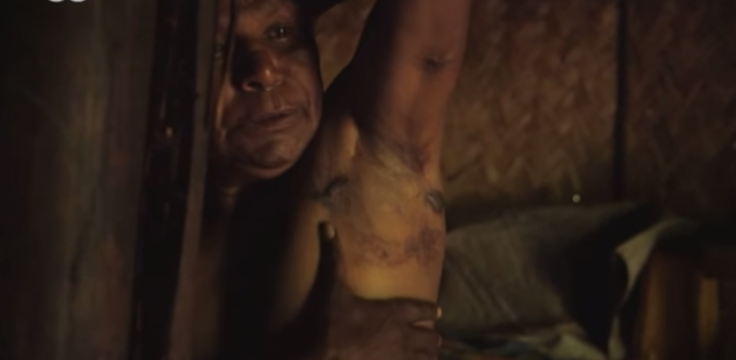Papua New Guinea: Witch hunts displacing dozens as women flee villages to escape murder

Papua New Guinea is witnessing a rise in internal refugees as dozens of women accused of practising witchcraft are fleeing their villages fearing for their lives.
In an interview with Radio Australia, Ruth Kissam, youth coordinator for the Western Highlands provincial government, said that witch hunts in the country are a serious problem and "a matter of national urgency.
"This is something that is spreading and it is causing people to flee from their villages," she said.
Kissam said the recent case of four women in a remote village in the Enga province, who are at risk of being killed after being accused of sorcery, is not an isolated episode.
"People have left their villages because they know they will be killed. In a way, they are refugees.
"The worst thing is that witchcraft accusations are spreading also in villages where people never believed in the existence of witches, but they are now becoming some of the worst perpetrators throughout the country."
Kissam explained that the majority of people who persecute women over alleged sorcery are "young men who don't have much to do. Probably they are looking for acceptance within the society or probably they are under the influence of some substances.
"Most of these men are disenfranchised and they are targeting marginalised women who cannot stand up for themselves".
According to Helen Hakena, chair of the North Bougainville Human Rights Committee, witchcraft is often used as an excuse to kill somebody over jealousy.
"Jealousy is causing a lot of hatred. People who are jealous of those who are doing well in life resort to what our people believe in - sorcery - to kill them."
Kissam's warnings came as Anton Lutz, a Lutheran missionary in the Highlands region, told Radio Australia that at least 25 women accused of witchcraft were killed in the past 10 years among the Hewa people, who "are well known for murdering women."
Lutz also explained that in many remote villages in the Highlands there are no police and killers are not prosecuted.
Witch hunts have been rising in the country since 2009, when officials recorded a surge in the homicides of women accused of sorcery.
In 2013, the case of a 20-year-old woman who was stripped naked, tortured and burnt alive after being accused of being a witch sparked worldwide outrage prompting the government to repeal the 1971 Sorcery Act, according to which accusations of sorcery can be used as defence in a murder trial.
However, one month later, another woman was tortured and beheaded.
In April 2014, six people – including two children – were murdered in Sasiko village over witchcraft accusations.
© Copyright IBTimes 2025. All rights reserved.






















